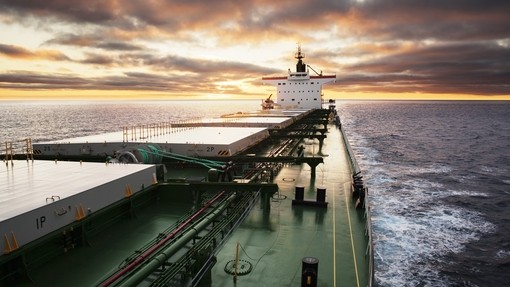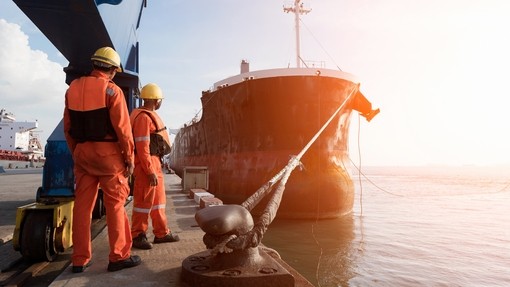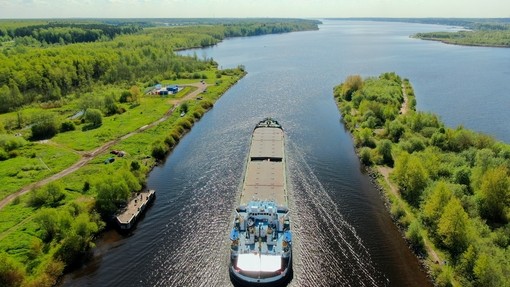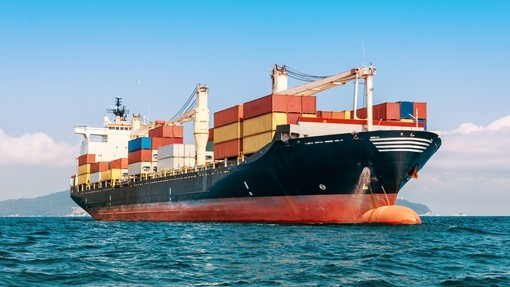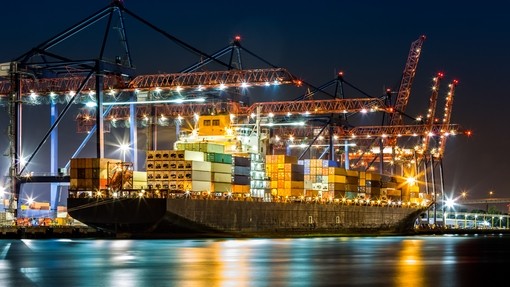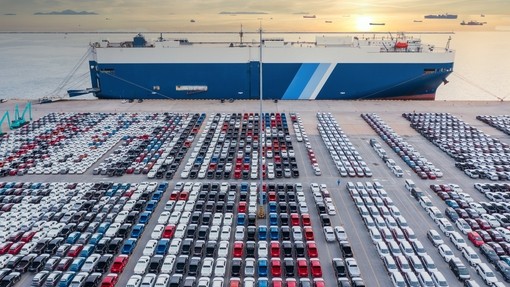Volcafe & others -v- CSAV [2016] EWCA Civ 1103
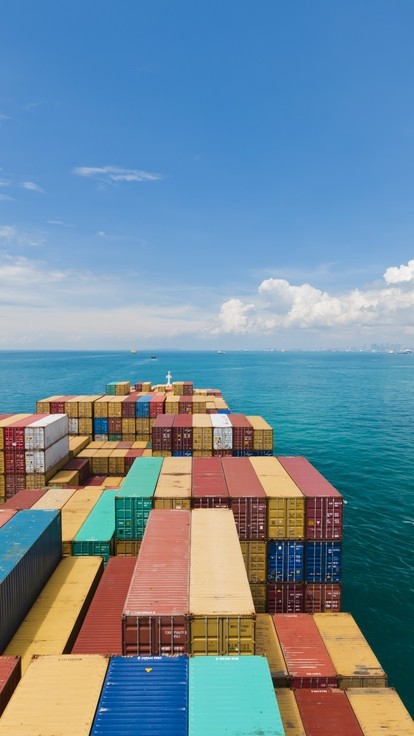
Details
The Court of Appeal has recently considered the ability of a defendant carrier to rely on the defences in Article IV Rule 2 of the Hague Rules when confronted with an allegation of breach of Article III Rule 2 by way of negligence. This case importantly lays to rest the concept that a carrier must first disprove negligence before it is able to rely on any defence.
Factual background
The cargo claims brought before the court concerned condensation damage to a number of consignments of Colombian coffee beans carried in containers from Buenaventura in Colombia to various destinations in Western Europe.
The bill of lading for each consignment incorporated the Hague Rules as a matter of contract. Responsibility for preparing and stuffing the containers therefore fell on the carrier. Each container was lined with kraft paper and subsequently stuffed with bags of coffee beans. The containers were then moved to the export area and loaded onto vessels at various dates between January and April 2012.
Each bill of lading recorded shipment in apparent good order and condition. However, upon outturn, all but two of the original 20 containers suffered some degree of condensation damage.
It was common ground between the parties that coffee beans were hygroscopic and therefore might suffer condensation damage when carried from a warm climate to a cold climate. However, the cargo interests claimed for damages on the basis that the loss and damage was caused by the negligence of the carrier and/or their failure to comply with Article III Rule 2 of the Hague Rules.
The relevant provisions of the Hague Rules
The cargo interests sought to rely on Article III Rule 2 which stated: ‘Subject to the provisions of Article IV, the carrier shall properly and carefully load, handle, stow, carry, keep, care for, and discharge the goods carried.’
By way of defence, the carrier sought to rely on an exception to this rule as set out in Article IV Rule 2 which stated: ‘Neither the carrier nor the ship shall be responsible for loss or damage arising or resulting from: […](m) wastage in bulk of weight or any other loss or damage arising from inherent defect, quality or vice of the goods.’
High Court decision
David Donaldson QC at first instance found in favour of the cargo interests. He held that the carrier was required to establish inherent vice or inevitability of damage and to disprove negligence. He held that the carrier had failed in both respects. A number of other issues were addressed, including: the fact that the carrier had purportedly not implemented a ‘sound system’ for shipping; that the carrier could not rely on the alternative defence of inevitability of damage; and that the carrier’s purported defence under Article IV Rule 2(m) was ‘not a true exception’ to the scope of Article III Rule 2. The carrier appealed.
Legal issues
Burden of proof
The Court of Appeal allowed the appeal. Particular emphasis was placed upon the three stage analysis posited in The “GLENDARROCH” (a pre-Hague Rules case). First, the claimant had to prove the contract and the damaged delivery. Second, the defendant carrier had to show a prima facie case for the application of the exception of inherent vice under Article IV Rule 2(m). Third, the cargo claimant had to then establish negligence on the part of the carrier in order to negate the operation of the exception.
In the present case the Court of Appeal were satisfied that cargo interests had established their case but also that the carrier had made out a sustainable defence on the basis of inherent vice (i.e. the condensation was a result of the nature of the coffee beans themselves). It therefore fell to the cargo interests to establish negligence.
‘Sound system’
It was well established that the obligation to care for and carry goods ‘properly’ under Article III Rule 2 meant ‘in accordance with a sound system’ (see GH Renton -v- Palmyra Trading Corporation, followed in Albacora SRL -v- Westcott & Laurence Line 1966 S.C, (H.L.) 19). The next question for the court to determine was therefore whether the carrier had failed to implement such a system and consequently been negligent.
The court again overruled the first instance decision which had ‘overstated to a considerable extent what was required for a sound system.’ Contrary to what had been determined, there was no requirement for a theoretical calculation or empirical study to underpin general accepted industry practice. In the present case, the use of kraft paper to line container surfaces was widely accepted within the industry. As a result the court held that a sound system had been utilised by the carrier.
Temporal applicability of the Hague Rules
The last issue considered was the temporal applicability of the Hague Rules, i.e. whether they applied to stuffing of the containers by the carrier’s stevedores at the container yard at the port of departure. It was well established in the judgement of Devlin J in Pyrene -v- Scindia that parties were free to determine what acts or services fell within the operation of ‘loading’ – for which the carrier assumed responsibility – and that the Hague Rules would apply to these operations. This was the approach followed by the Court of Appeal thereby rejecting the appeal on this issue.
Comment
This decision has laid to rest the alternative approach to the burden of proof regarding negligence put forward in the judgment of Wright J in the Gosse Millard. It is not for the carrier to disprove its own fault or negligence but for the cargo interests to positively establish it. This is in accordance with the principle that he who alleges must prove. This ‘highly controversial issue’ has now been categorically determined in favour of the carrier.
This article original appeared in the December 2016 edition of shipping case digest. Other articles include:
ING Bank N.V. -v- M/V “TEMARA” et al
The “ATLANTIK CONFIDENCE” [2016] EWHC 2412 (Admlty)
Regulus Ship Services PTE Ltd -v- Lundin Services BV [2016] EWHC 2674 (Comm)

